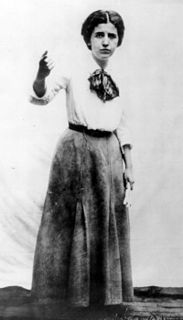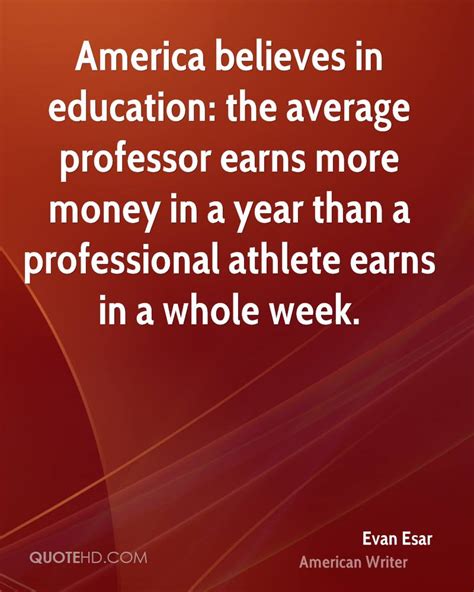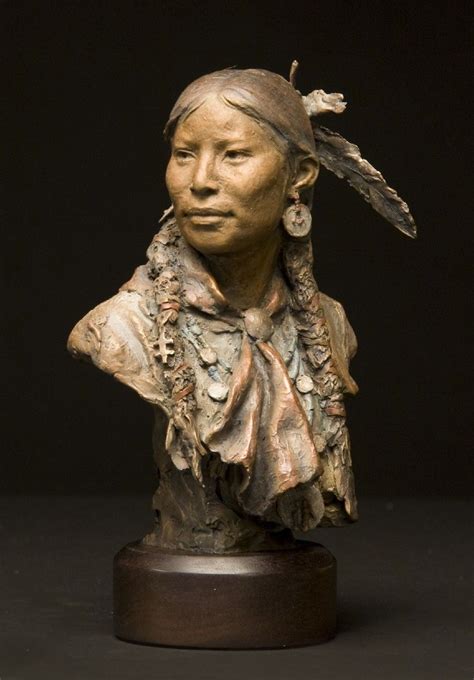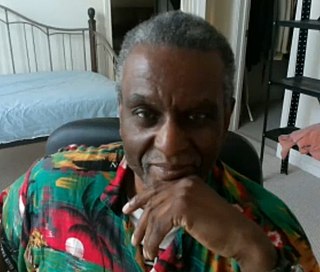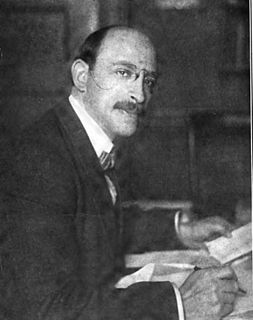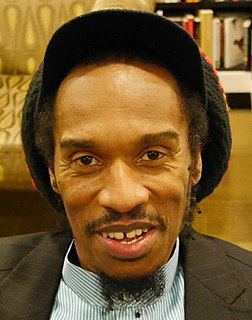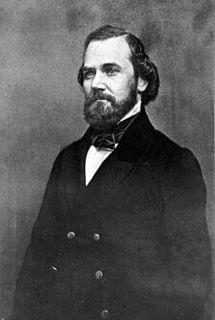Top 1200 Economic Slavery Quotes & Sayings
Explore popular Economic Slavery quotes.
Last updated on November 8, 2024.
Although it has been fashionable to deny it, anti-slavery doctrines began to appear in Christian theology soon after the decline of Rome and were accompanied by the eventual disappearance of slavery in all but the fringes of Christian Europe. When Europeans subsequently instituted slavery in the New World, they did so over strenuous papal opposition, a fact that was conveniently 'lost' from history until recently. Finally, the abolition of New World slavery was initiated and achieved by Christian activists.
The South was at the point where the scale was tipping against slavery. It was slowly dawning on the plantation owners that slave labor was not economic, besides being morally wrong. Slavery was destined to be abolished, whether for economic reasons or moral reasons matters not, but the international intriguers were not going to wait for voluntary abolition to rob them of their trump card.
Slavery, you know, is nothing else than the unwilling labor of many. Therefore to get rid of slavery it is necessary that people should not wish to profit by the forced labor of others and should consider it a sin and a shame. But they go and abolish the external form of slavery and arrange so that one can no longer buy and sell slaves, and they imagine and assure themselves that slavery no longer exists, and do not see or wish to see that it does, because people still want and consider it good and right to exploit the labor of others.
A wise man will not leave the right to the mercy of chance, nor wish it to prevail through the power of the majority. There is but little virtue in the action of masses of men. When the majority shall at length vote for the abolition of slavery, it will be because they are indifferent to slavery, or because there is but little slavery left to be abolished by their vote. They will then be the only slaves. Only his vote can hasten the abolition of slavery who asserts his own freedom by his vote.
These semi-traitors [Union generals who were not hostile to slavery] must be watched. Let us be careful who become army leaders in the reorganized army at the end of this Rebellion. The man who thinks that the perpetuity of slavery is essential to the existence of the Union, is unfit to be trusted. The deadliest enemy the Union has is slavery - in fact, its only enemy.
A lot of things that we cannot buy and sell in markets used to be totally legal objects of market exchange - human beings when we had slavery, child labour, human organs, and so on. So there is no economic theory that actually says that you shouldn't have slavery or child labour because all these are political, ethical judgments.
I've always been interested in history, but they never taught Negro history in the public schools...I don't see how a history of the United States can be written honestly without including the Negro. I didn't [paint] just as a historical thing, but because I believe these things tie up with the Negro today. We don't have a physical slavery, but an economic slavery. If these people, who were so much worse off than the people today, could conquer their slavery, we can certainly do the same thing....I am not a politician. I'm an artist, just trying to do my part to bring this thing about.
In the era of slavery, you could be a so-called Afro-Cuban one day and a so-called Black American the next day, or vice versa. I mean there was all this back and forth, and there was a lot of opposition in Black America to slavery in Cuba in particular, because slavery in Cuba lasted until the 1880s.
Slavery as an institution that degraded man to a thing has never died out. In some periods of history it has flourished: many civilizations have climbed to power and glory on the backs of slaves. In other times slaves have dwindled in number and economic importance. But never has slavery disappeared.
We call 'Slavery is wrong' a moral truth because there is a specific history of theoretical investigation of a particular kind of slavery. We discussed it for centuries in metaphysical, economic, biological, and philosophical terms; we listened to all the arguments pro and con, we read all the testimonies of slaves and witnesses, and we decided. Though this 'we" is not everybody on earth, or even most people, who've never thought about slavery much.
The truth is that the whole life of the worker is simply a continuous and dismaying succession of terms of serfdom - voluntary from the juridical point of view but compulsory in the economic sense - broken up by momentarily brief interludes of freedom accompanied by starvation; in other words, it is real slavery.
Before slavery, Africa had a culture. We had medicine and our cure for malaria. Slavery brought diseases that we were not used to; slavery brought industry and people were criticizing industry way back as 2,000 years ago, that it was going to pollute the air, sea. Industry is not the way. We must deal with nature.
The conflict between the principle of liberty and the fact of slavery is coming gradually to an issue. Slavery has now the power, and falls into convulsions at the approach of freedom. That the fall of slavery is predetermined in the counsels of Omnipotence I cannot doubt; it is a part of the great moral improvement in the condition of man, attested by all the records of history. But the conflict will be terrible, and the progress of improvement perhaps retrograde before its final progress to consummation.
As for slavery, there is no need for me to speak of its bad aspects. The only thing requiring explanation is the good side of slavery. I do not mean indirect slavery, the slavery of proletariat; I mean direct slavery, the slavery of the Blacks in Surinam, in Brazil, in the southern regions of North America. Direct slavery is as much the pivot upon which our present-day industrialism turns as are machinery, credit, etc. … Slavery is therefore an economic category of paramount importance.
We forget the conditions - not only in slavery - but after slavery, when there was this purposeful locking out of African Americans from economic opportunity. Or we forget today's incarceration rates, and educational and housing discrimination; all of these things. We pretend that everything that has happened happened long ago, and then we act as if we all now just treat each other equally, everything will be fine.
I think comedy allows people to accept the more difficult parts of history. And history, if it's presented wrong, is just very depressing, particularly the history of slavery. If slavery is presented properly, it's a great story. But I think that within the commercial world of storytelling in which I live, there haven't been many strong works that discuss slavery in ways that are palatable and funny and interesting to the reader.



